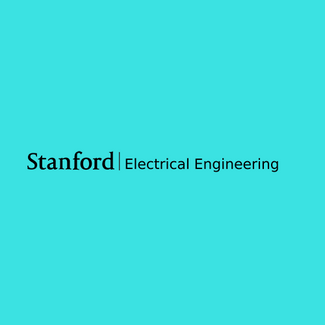
From Model Collapse to Biased Teachers: Challenges in Responsible Generative AI
Packard 202
Abstract: The Internet is bound to be filled with AI-generated content, including AI-generated images and videos. While they look photorealistic, are they also safe to use for training new generative models? If we keep using synthetic images to finetune diffusion models, is there going to be a catastrophic failure? In this talk, I will explore an intriguing phenomenon called “model collapse,” which arises from iterative finetuning of diffusion models on their own generated outputs. I will also draw parallels between this collapse and genetic biology, introducing Reusable Diffusion Finetuning (ReDiFine)—a novel strategy designed to improve the fidelity-reusability tradeoff, enabling the generation of high-quality, reusable images without collapse. I will also briefly discuss fairness issues in other AI applications. Specifically, I will address bias in facial image reconstruction when using generative models for compression. Then, I will explore how large language models (LLMs) can be a biased teacher in personalized education.
Bio: Jeong received her Ph.D. in Electrical and Computer Engineering from Carnegie Mellon University, where her thesis laid key foundations for coded computing, applying coding theory to develop reliable large-scale computing systems. Before joining UCSB, she was a postdoctoral fellow at Harvard University, where she focused on a different dimension of reliability—building machine learning systems that people can trust and depend on. She was awarded the Harvard Data Science Initiative Postdoctoral Fellowship to support her research into how machine learning systems may make biased decisions about students in educational applications and how to create fairer algorithms using an information-theoretic approach. Jeong is also the recipient of the NSF CAREER Award, the JP Morgan Faculty Award, and was named a 2024 Hellman Fellow.